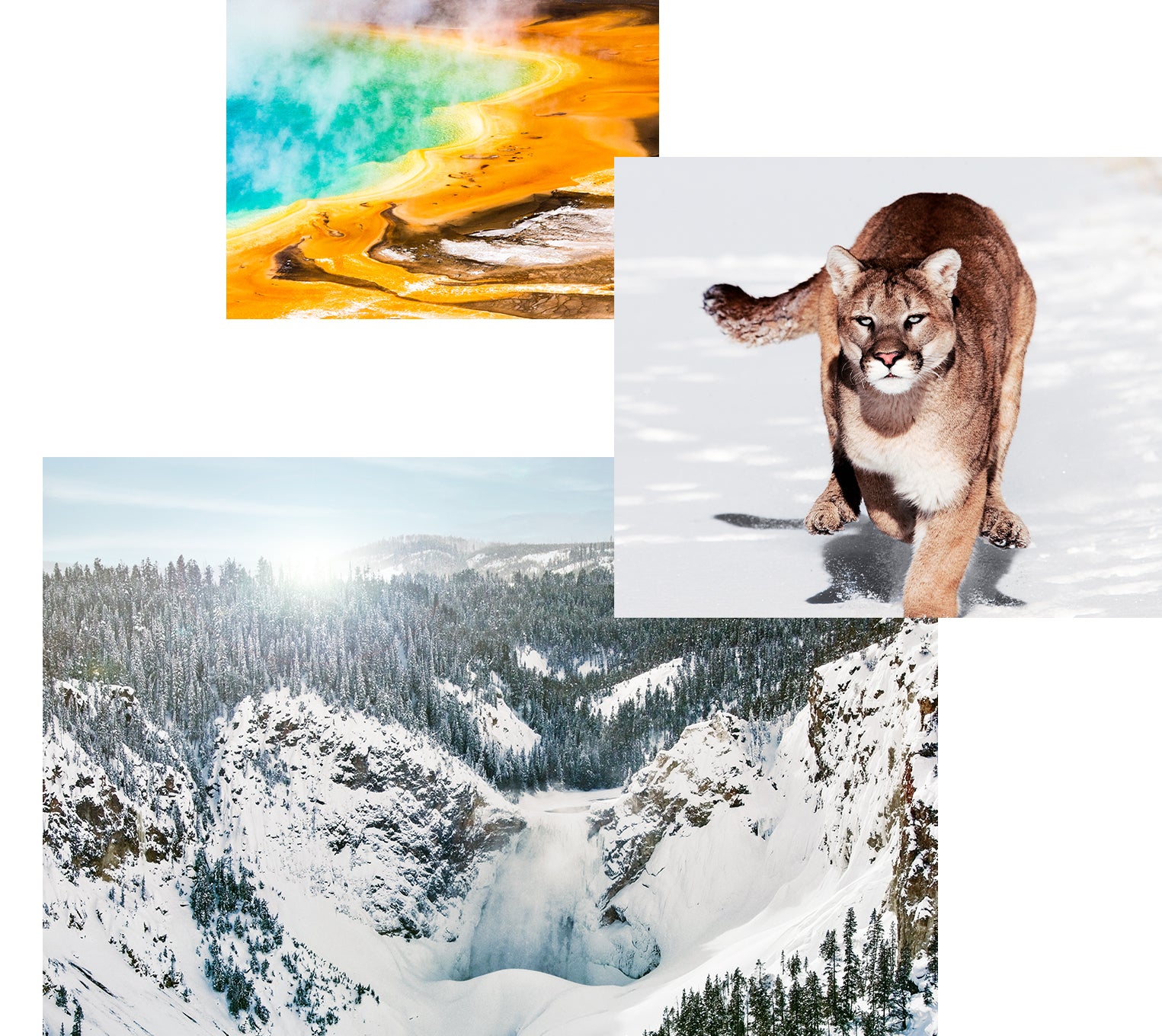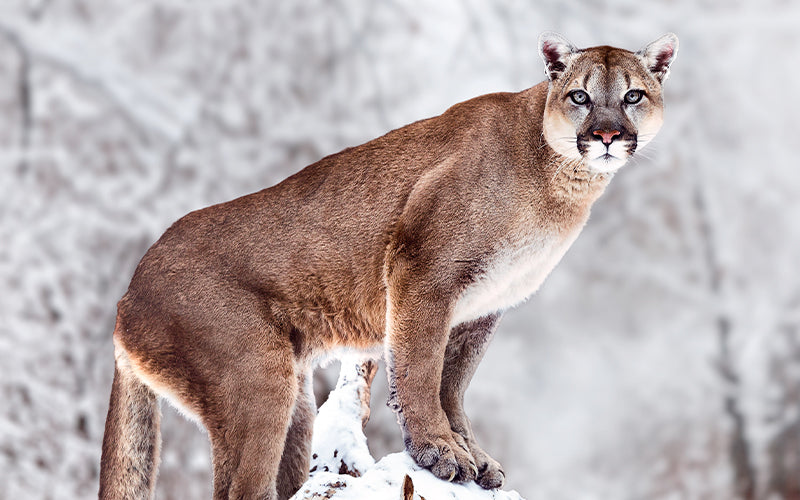Yellowstone Cougar
Yellowstone Cougar
Behind the cause
Cougars have prowled the American landscape for thousands of years, including in the 3,500 square mile Wyoming-Montana wilderness designated in 1872 as Yellowstone National Park. These predators were eradicated from the park in the 1930s, around the same time as wolves. But the species survived in the West, thanks in part to their secretive, nocturnal nature and preference for rugged, hard-to-reach terrain.
Fifty years later, cougars reestablished themselves in northern Yellowstone. Meanwhile, with the reintroduction of wolves in the 1990s, Yellowstone returned to being an intact ecosystem, with all of its native large carnivores back on the landscape. In 2014, the non-profit Yellowstone Forever began funding Yellowstone’s pathbreaking Cougar Project.
Using radio-collaring, remote cameras, snow tracking and noninvasive genetic surveys, biologists who conduct annual population surveys estimate that up to 40 cougars now inhabit northern Yellowstone. GPS data from collared cougars is also used to track how they compete for prey with other carnivores, like wolves and bears, within Yellowstone.
Their data, showing predators coexisting with thriving elk and deer populations, has been essential to Yellowstone’s wildlife strategy for ecosystem balance. It also will be important to preserving cougars across the American west, as wildlife corridors shrink and conservationists address cougars’ habitat, safety and food needs while minimizing risk to humans.
This year, as Yellowstone turns 150—and finds resilience in the face of devastating floods—we salute the longevity of the world’s first national park and Yellowstone Forever for its unrelenting support of America’s natural heritage.
FUN FACTS
Cougar, puma, panther, mountain lion, catamount…these are all names for the same animal. They are more closely related to domestic cats than to the Big Cat family (they can’t roar).
As top predators, cougars are important for biodiversity and ecosystem health.
Female cougars are “mega moms,” staying with their kittens until about 18 to 24 months



